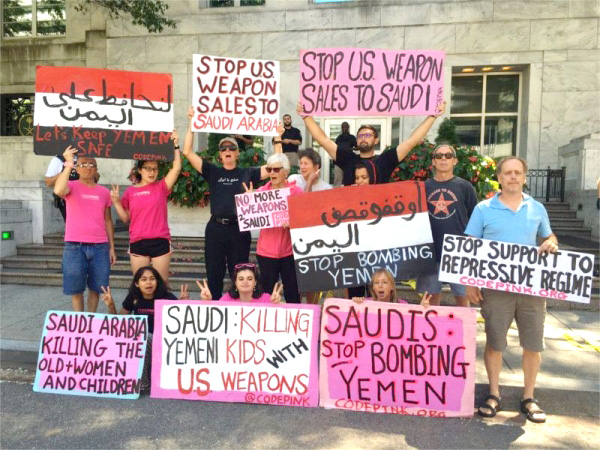THE US has begun a new arms race with President Trump’s announcement of the US’ formal withdrawal from the Intermediate-Range Nuclear Forces Treaty (INF).
This was was signed by US President Ronald Reagan and Soviet leader Mikhail Gorbachev in 1987. It banned missiles with ranges between 500 and 5,500 km (310-3,400 miles).
Earlier this year the US and NATO accused Russia of violating the pact by deploying a new type of cruise missile, which Moscow has denied.
The US alleged that it had evidence that Russia had deployed a number of 9M729 missiles – known to NATO as SSC-8. This accusation was then put to Washington’s NATO allies, which all backed the US claim.
‘Russia is solely responsible for the treaty’s demise,’ Secretary of State Mike Pompeo said in a statement on Friday.
‘With the full support of our NATO allies, the United States has determined Russia to be in material breach of the treaty, and has subsequently suspended our obligations under the treaty,’ he added.
Russia’s foreign ministry confirmed the INF treaty is ‘formally dead’ in a statement carried by state-run Ria Novosti news agency.
US President Donald Trump has also shocked China by stating that he will impose a fresh 10% tariff on another $300bn (£247bn) of Chinese goods, in a sharp escalation of the trade war between the two countries.
The new tariffs, due to take effect on 1 September, effectively tax all Chinese imports to the US. The duty is likely target a wide range of goods, from smartphones to clothing.
China’s Foreign Minister Wang Yi criticised the US move.
‘Adding tariffs is definitely not a constructive way to resolve economic and trade frictions, it’s not the correct way’, Wang said on the sidelines of a meeting of South East Asian ministers in Bangkok.
Trump announced the tariff plan on Twitter, while taking aim at China for not honouring promises to buy more US agricultural products at this week’s negotiations in Shanghai.
In later remarks, the US president told reporters the 10% tariff was a short-term measure and that tariffs could be lifted further in stages to more than 25%. Somebody should have done this with China a long time ago,’ he added.
- Meanwhile the US Senate has approved a two-year federal budget deal that includes massive spending increases designed to speed Trump into a second term of the presidency. The deal ‘suspends government borrowing limits’ until the end of July 2021. Lawmakers said it would avert a budget crisis in the run-up to next year’s presidential election.
However, it adds to already high levels of US government debt, currently at $22.5tn.
The agreement sets government spending at $1.37 trillion (£1.12tn) for the next financial year, beginning in October.
President Trump has described the deal as ‘phenomenal’ and encouraged sceptical Republicans to ‘go for it’, despite the growing fears that this super-spending combined with interest rate cuts will provoke the biggest stock market-banking crash yet seen.
‘There is always plenty of time to CUT!’, Trump tweeted ahead of the vote, aping the man who jumped off the top of the skyscraper and boasted half way down – ‘so far so good’!
